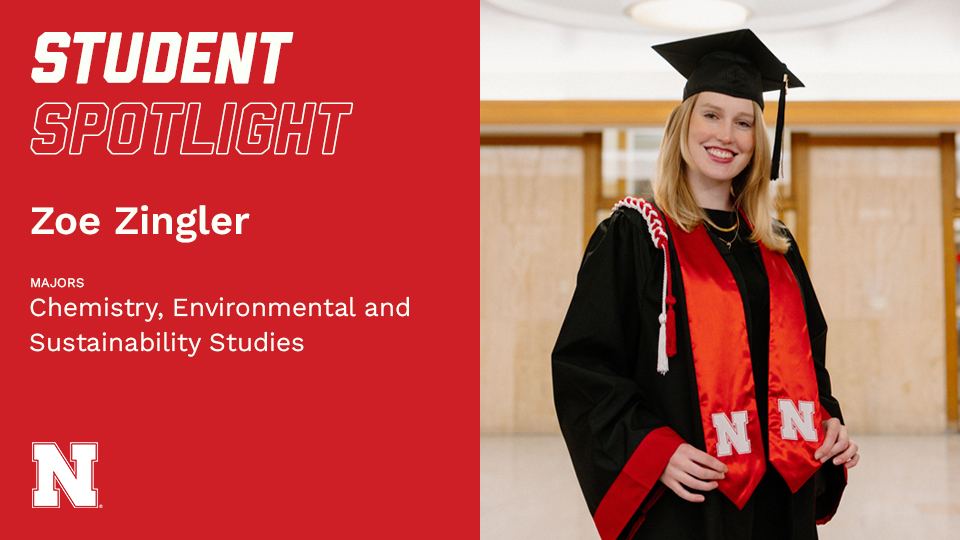
Researchers will study instructional differences between high school and college instruction as well as faculty networks
Two new interdisciplinary studies from University of Nebraska-Lincoln researchers Marilyne Stains and Brian Couch aim to improve STEM – science, technology, engineering and mathematics – education for college students.
In one study, working groups of STEM faculty will look at the differences between high school- and college-level STEM instruction and the reasons that students struggle in the first-year STEM courses. The goal is to help STEM faculty adapt their instruction to ease students' transition from high school to college with the hope that fewer college students will leave the degree in the first year, creating more STEM professionals.
In the other study, researchers will look at how social networks among STEM faculty at three universities with STEM education development efforts affect change in instruction and culture. This will help institutions better leverage time and funding on networks that create successful change.
Marilyne Stains is an associate professor of chemistry whose research interest revolves around the transformation of instructional practices in college STEM courses. She received an NSF CAREER award in 2016 to study the effectiveness of professional development programs targeting faculty’s STEM teaching, and she leads the Stains Research Group.
Brian Couch is an assistant professor in the School of Biological Sciences. The Couch Research Group focuses on understanding how faculty use different teaching strategies and how these strategies affect student outcomes. He has worked with the ARISE project, which aims to improve STEM teaching, and has been involved in other efforts focused on the development and use of assessment instruments.
The studies are funded by the National Science Foundation. Read more about the studies here.


